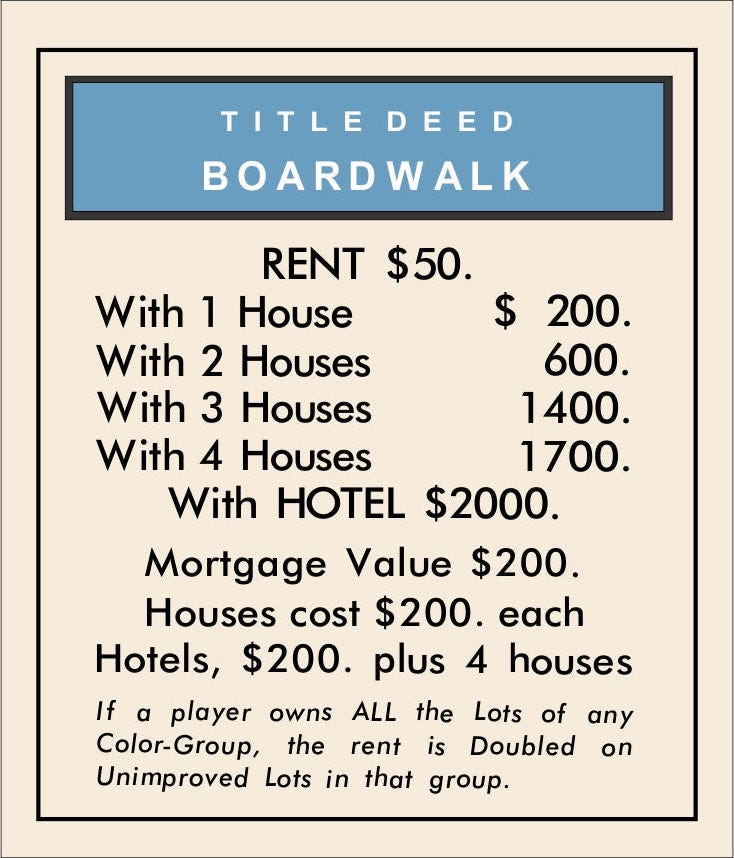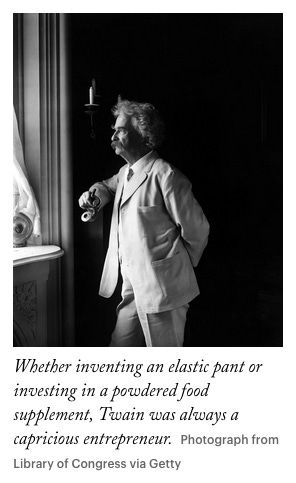…And so castles made of sand
Slips into the sea
Eventually…
-Jimi Hendrix
€27 Million Euros later…no local economy to support the venture, a veritable ghost town of tiny Castles sit vacant in Turkey. Real estate investors lost their shirts, but maybe Disneyland Estates will rise from the ashes?
Architectural digest’s article elaborates:
“If Disney World is the happiest place on Earth, then Burj Al Babas might be the eeriest. Sitting near the Black Sea, the town is full of half-finished, fully abandoned mini-castles, 587 to be exact. Although, like most ghost towns, it wasn’t supposed to be this way. In fact, Burj Al Babas was planned as a luxurious, stately urban development offering the look of royal living for anyone willing to shell out anywhere from $370,000 to $500,000 for their own little palace.”
What went wrong?…
“Construction started in 2014 and was expected to take four years, though, within that same time, the developers were forced to declare bankruptcy. As building the town got underway, locals became enraged with both the aesthetic of the homes and the business practices of the developers. According to the local news, many were frustrated that the castles didn’t resemble anything in the area, particularly the historical Ottoman-style mansions. A lawsuit against the developers also claimed the company destroyed trees and harmed the environment. Turkey’s economy then struggled in the years after the project started, and developers soon incurred a $27 million debt. A combination of bad choices and bad timing, construction was halted.”
The commentary— attributed to Turkey’s local news report, “many were frustrated that the castles didn’t resemble anything in the area”, doesn’t warrant serious consideration in my estimation. In effect—I have learned that real-estate bubbles and projected ROI’s are rarely grounded in real-time economies of scale. There’s a reason that the term, “real-estate speculator” is a mainstay and stereotypical association within the framework of land management and ownership. The next detail in the article that glosses over the macro-economic failures of the real estate matrix is: “Turkey’s economy then struggled in the years after the project started, and developers soon incurred a $27 million debt.” The narrative cites, “bad choices and bad timing,” as the reason that construction was halted. In any indigenous tribal culture the result of “bad choices and bad timing” might realistically be attributed to building a village next to a volcano on the seashore. That’s the real deal when it comes to poor planning. The Turkish castle-dream-village is an example of a banking construct that doesn’t work for a vast majority of humans. Thus, the idea that the global bankers propose as the solution to a failed banking model is simply to erase ownership altogether(referencing the WEF motto once again: own nothing and be happy)—as if owning real estate is the cause of homelessness. That may sound snarky, and it is to a degree. And yet, if one seriously examines the exorbitant rents and prices of a home in 2022, why else do tent cities continue to multiply in growing numbers—especially in the land of golden opportunity, aka the USA?
Everything we needed to know about real estate is taught in the board game, “Monopoly”
One might presume that Monopoly’s success as a family pastime would breed an overabundance of multi-millionaire landlords. Which alludes to a profound question based on an observation made by Buckminster Fuller in his book, “Nine Chains To The Moon”— Every person on the planet would be a millionaire if all the world’s wealth was distributed equitably. The profound question: If impoverishment is an artificial construct, because there are no shortages of resources, and thus all shortages are a manipulated affair—why then is poverty-by-design accepted as if it is a universal truth?
When cities are built in China or Turkey or the USA, and the buildings are left uninhabited what exactly are we witnessing other than wasteful spending and poor real estate management practices. Haven’t the lessons been learned yet? We still don’t observe the premise regarding economies of scale, or cultivate holistic life support in tandem with a truly sustainable-functional human habitat,i.e., equitable resource distribution for the greatest good for the most people. The dream-castles in Turkey fiasco is yet another example of delusional investors playing the roulette game in hopes of scoring a profit windfall. Once again—a dream not meant to be. And yet—we may presume that someone made money on the scheme—even if it was only Bank.
Gambling is a past-time fit for those who have too much fun money. What is the critical metaphor for this time? As I see it—simply that the old ideas of ‘striking it rich’ are way past there prime—and we really need to grow up as a human society. Cooperation is critical… and so is critical thinking.
Mark Twain—on Get-Rich-Quick Schemes: “We were always going to be rich—next year.”
“All human advances occur in the outlaw area.”
- R. Buckminster Fuller
Applicable quotes made by R. Buckminster Fuller:
“There is no energy crisis, only a crisis of ignorance.”
“A designer is an emerging synthesis of artist, inventor, mechanic, objective economist and evolutionary strategist.”
“When individuals join in a cooperative venture, the power generated far exceeds what they could have accomplished acting individually.”
The difference between mind and brain is that brain deals only with memorized, subjective, special-case experiences and objective experiments, while mind extracts and employs the generalized principles and integrates and interrelates their effective employment. Brain deals exclusively with the physical, and mind exclusively with the metaphysical.
Humanity is now experiencing history's most difficult evolutionary transformation.
Politicians are always realistically maneuvering for the next election. They are obsolete as fundamental problem-solvers.
I was convinced in 1927 that humanity's most fundamental survival problems could never be solved by politics.
Architect Digest article: https://www.architecturaldigest.com/gallery/burj-al-babas







All early recipients--please excuse the typo re €200 M Euros...Correction: €27 M--still a whole lotta dough! [Editor was only getting 3-4 hrs of sleep last couple of days.]